Tinnitus Management: A Comprehensive Guide to Relieve Your Symptoms
Introduction:
Tinnitus is a medical condition that affects millions of people around the world. It is a condition where people hear a ringing, buzzing, or humming sound in their ears, which is not coming from any external source. Tinnitus can be distressing, and it can significantly impact a person's quality of life. However, with proper tinnitus management, it is possible to reduce the symptoms and live a comfortable life. In this article, we will discuss some effective ways to manage tinnitus and improve your quality of life.
What is Tinnitus Management?
Tinnitus management is a process of reducing the symptoms of tinnitus to improve the quality of life. Tinnitus management can involve various methods, including medical treatments, sound therapy, and lifestyle changes.
Medical Treatments for Tinnitus Management
Medical treatments for tinnitus management may involve medications, surgeries, or medical devices. Here are some common medical treatments for tinnitus management:
Medications
Antidepressants
Antianxiety drugs
Antihistamines
Nerve stimulants
Surgeries
Cochlear implants
Tinnitus retraining therapy
Acoustic neural stimulation
Transcranial magnetic stimulation
Medical Devices
Hearing aids
Sound generators
White noise machines
Sound Therapy for Tinnitus Management
Sound therapy can help reduce the symptoms of tinnitus. Here are some sound therapy options for tinnitus management:
White Noise
White noise is a sound that contains all frequencies of sound. It can be used to mask the ringing or buzzing sound of tinnitus. White noise machines or apps can help provide white noise.
Nature Sounds
Nature sounds, such as ocean waves, rainforest, or bird songs, can also be used to mask tinnitus symptoms.
Music Therapy
Music therapy involves listening to music to relax and reduce stress. It can also help distract from tinnitus symptoms.
Lifestyle Changes for Tinnitus Management
Making lifestyle changes can also help manage tinnitus symptoms. Here are some lifestyle changes for tinnitus management:
Avoid Loud Noises
Loud noises can worsen tinnitus symptoms. Avoiding loud noises or wearing earplugs in noisy environments can help reduce tinnitus symptoms.
Reduce Stress
Stress can make tinnitus symptoms worse. Finding ways to reduce stress, such as practicing yoga or meditation, can help manage tinnitus symptoms.
Exercise Regularly
Regular exercise can improve blood circulation and reduce tinnitus symptoms.
Frequently Asked Questions (FAQs)
Is there a cure for tinnitus?
There is no cure for tinnitus, but tinnitus management can help reduce the symptoms.
Can tinnitus go away on its own?
In some cases, tinnitus may go away on its own. However, if the symptoms persist, it is essential to seek medical attention.
Is tinnitus a sign of hearing loss?
Tinnitus can be a sign of hearing loss, but not always. It is essential to get a hearing test if you have tinnitus.
Conclusion
Tinnitus can be a challenging condition to manage, but with the right tinnitus management, it is possible to reduce the symptoms and improve the quality of life. Medical treatments, sound therapy, and lifestyle changes are all effective methods of managing tinnitus. It is important to consult with a healthcare professional to determine the best treatment plan for your individual needs. Remember, tinnitus management is an ongoing process, and it may take some time to find the right combination of treatments that work for you.
By implementing tinnitus management techniques, you can reduce the impact of tinnitus on your life and improve your overall well-being. Do not let tinnitus control your life; take control of your symptoms with effective tinnitus management.
